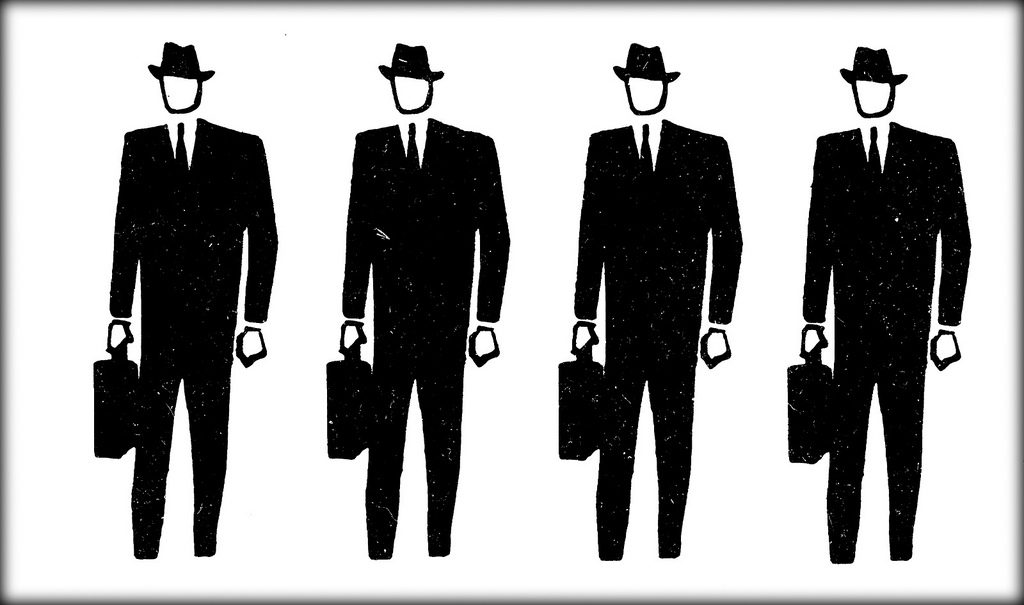The Office for Tax Simplification (yup, that's a thing) has put out a proposal to change the way tax 'dividend income', or money shareholders make from owning part of a business, to bring it up to the same levels as 'ordinary' income tax.
What it means: 'Dvidend income' is anything that's paid out to you in the form of cash, stocks (a claim to a proportion of a business' value), or property if you own part of a business. At the moment, it's taxed at a lower rate than the money you earn from going to work every day and earning a salary... which some people feel isn't really fair.
The Office for Tax Simplification give advice on the Treasury about, you guessed it, simplifying the tax system (YES PLEASE.), which they say is 'poorly understood' (we had to Google, like, six terms in the report before we could even write this newsletter.)
One of their proposals is to scrap the differential and just tax dividend income at the same level as all other income. It's a move that would hit wealthier, and generally older, savers the hardest – but it'd also be a big statement about what type of 'economic activity' we reward in our economy, putting people who invest in businesses on the same level of those who work in them in terms of how much they owe the state in contributions.

